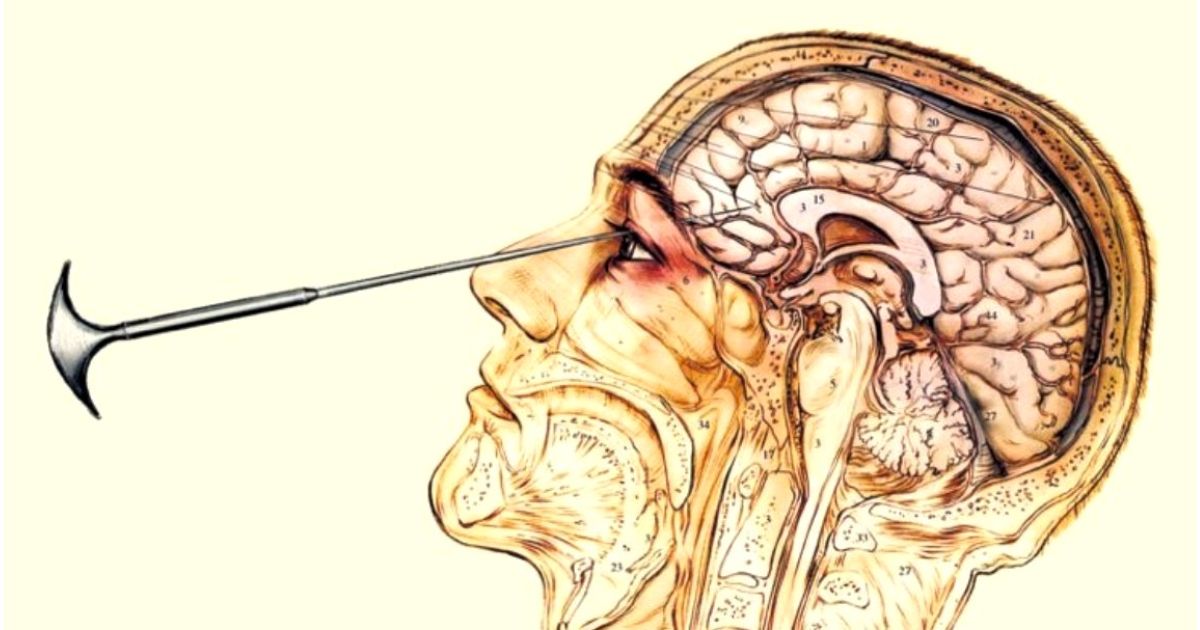Mental Health News
Researchers at the University of Illinois, Chicago, explored how gene editing can be a potential treatment technique for anxiety and alcohol use disorder. The study is published in the journal Science Advances.
Understanding The Mechanisms Behind Binge Drinking
Adolescence is a crucial time for brain development and so alcohol exposure during this period disrupts brain maturation processes.
Specifically, binge drinking in adolescence remodels the gene activity–regulated cytoskeleton-associated protein (Arc) in the amygdala, a chemical that regulates synaptic plasticity associated with addiction-relevant behaviors.
This results in a subdued Arc expression and epigenetic reprogramming of the Arc gene in the brain’s cognitive center, triggering alcoholism and psychiatric disorders like anxiety and substance abuse.
The Study
The researchers studied adult rats with intermittent alcohol exposure in their adolescence. They first exposed the subject animals to binge-level alcohol and measured their anxiety levels. Then, they used a gene-editing tool called CRISPR-dCas9 to manipulate processes in their Arc enhancer gene and further monitored the rodents’ behavior in a series of experiments.
The Findings
In the words of the researchers, the results revealed that “epigenomic editing in the amygdala can ameliorate adult psychopathology after adolescent alcohol exposure.”
Given that adolescent binge drinking is a social health concern, they are enthusiastic that the findings can help formulate effective treatment plans and interventions that address complex multifaceted diseases linked to anxiety and alcohol use disorder.
To Know More Please Refer To
Bohnsack, J. P., Zhang, H., Wandling, G. M., He, D., Kyzar, E. J., Lasek, A. W., & Pandey, S. C. (2022). Targeted epigenomic editing ameliorates adult anxiety and excessive drinking after adolescent alcohol exposure. Science advances, 8(18), eabn2748. https://doi.org/10.1126/sciadv.abn2748



























